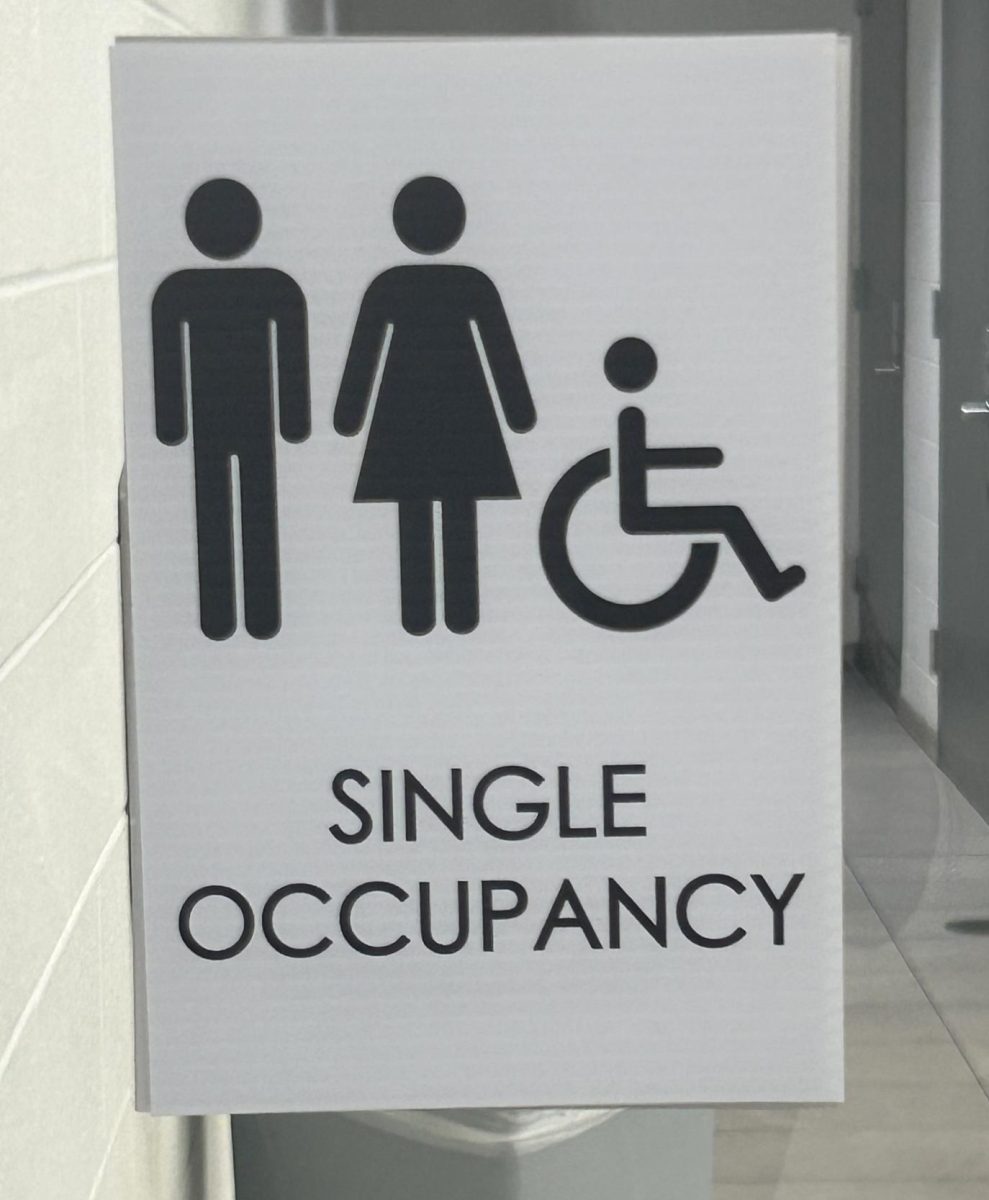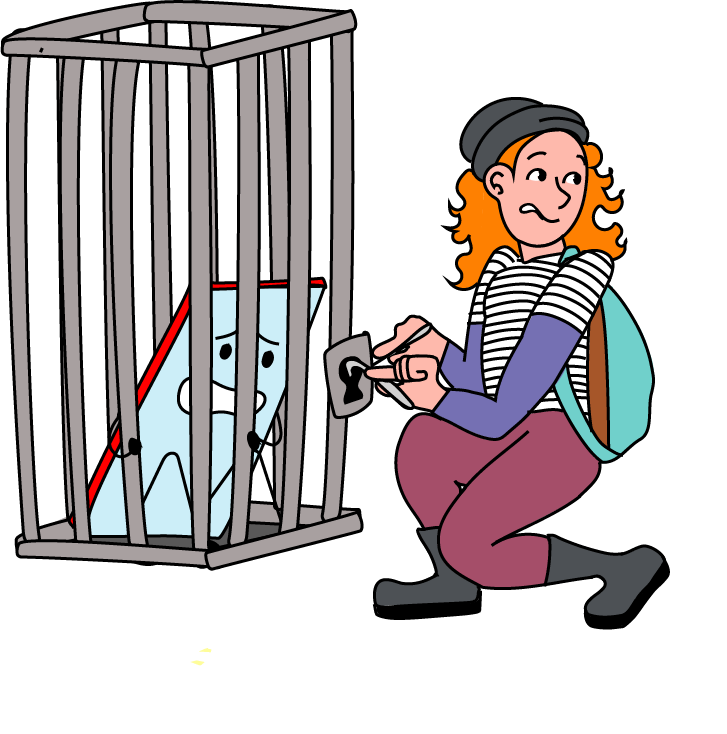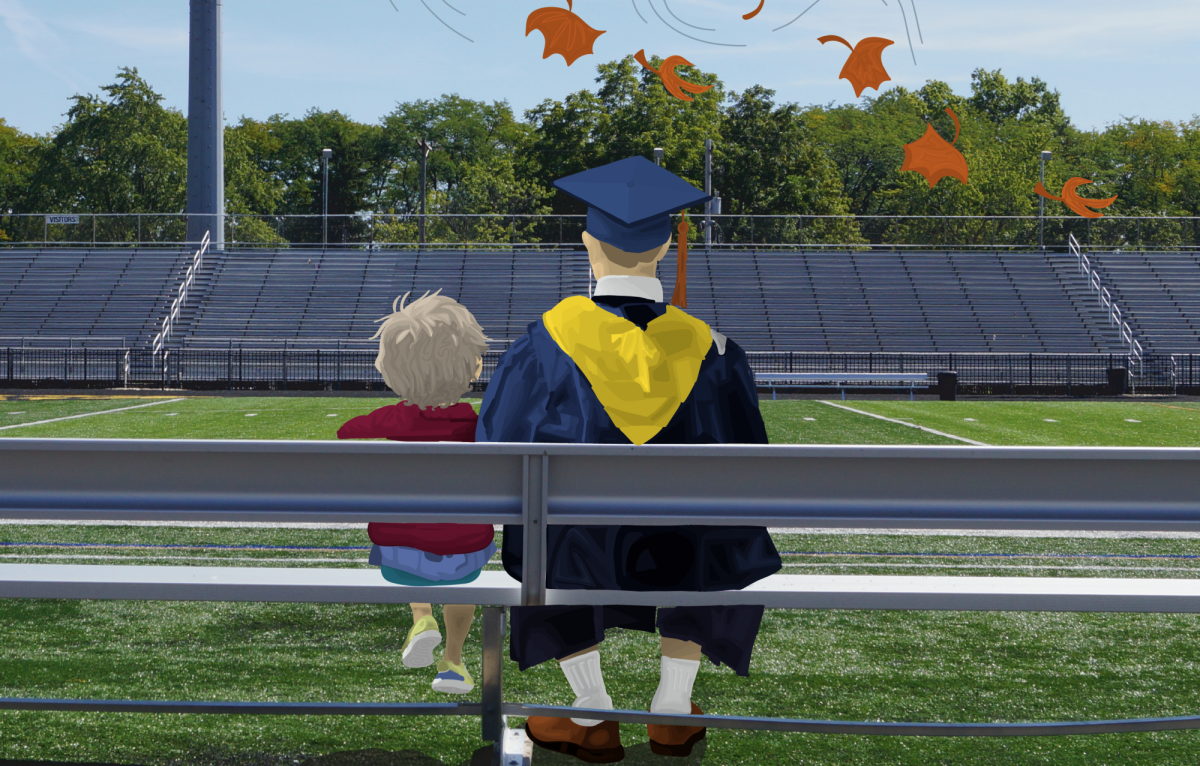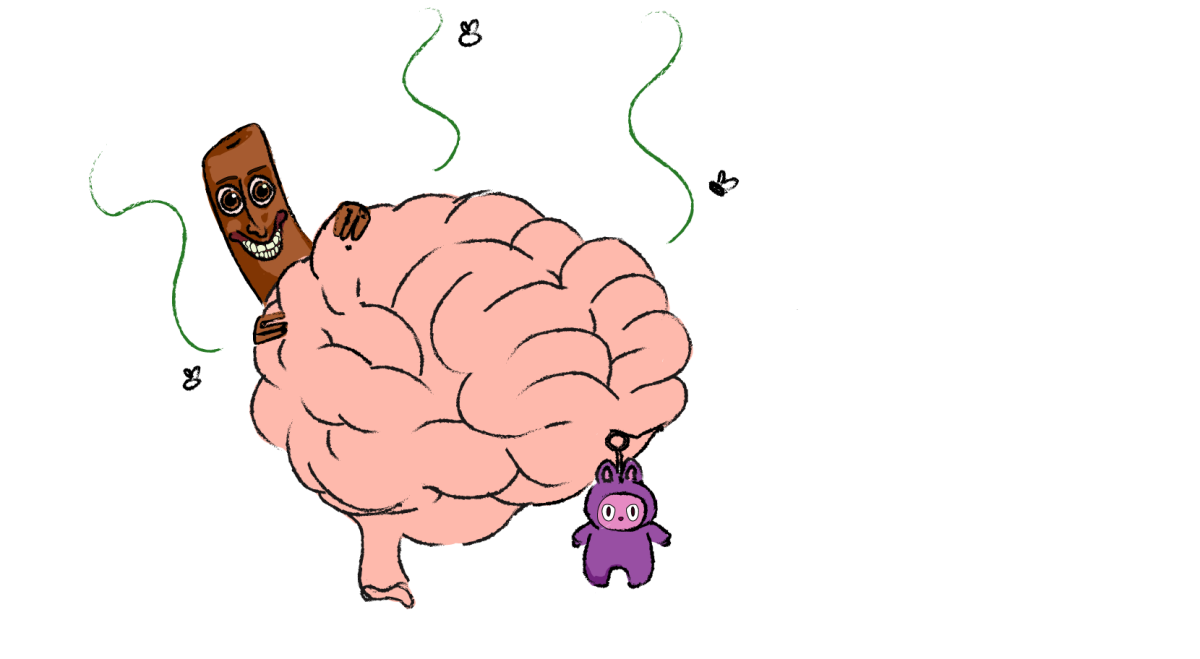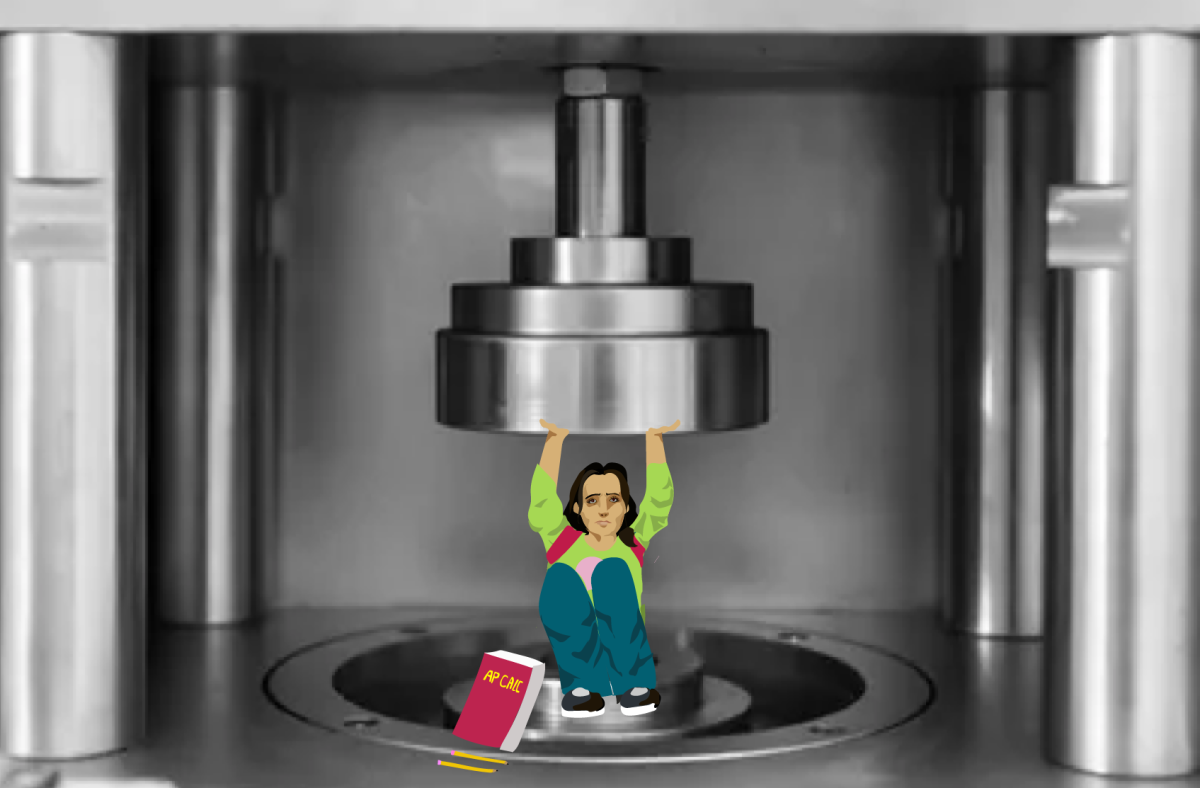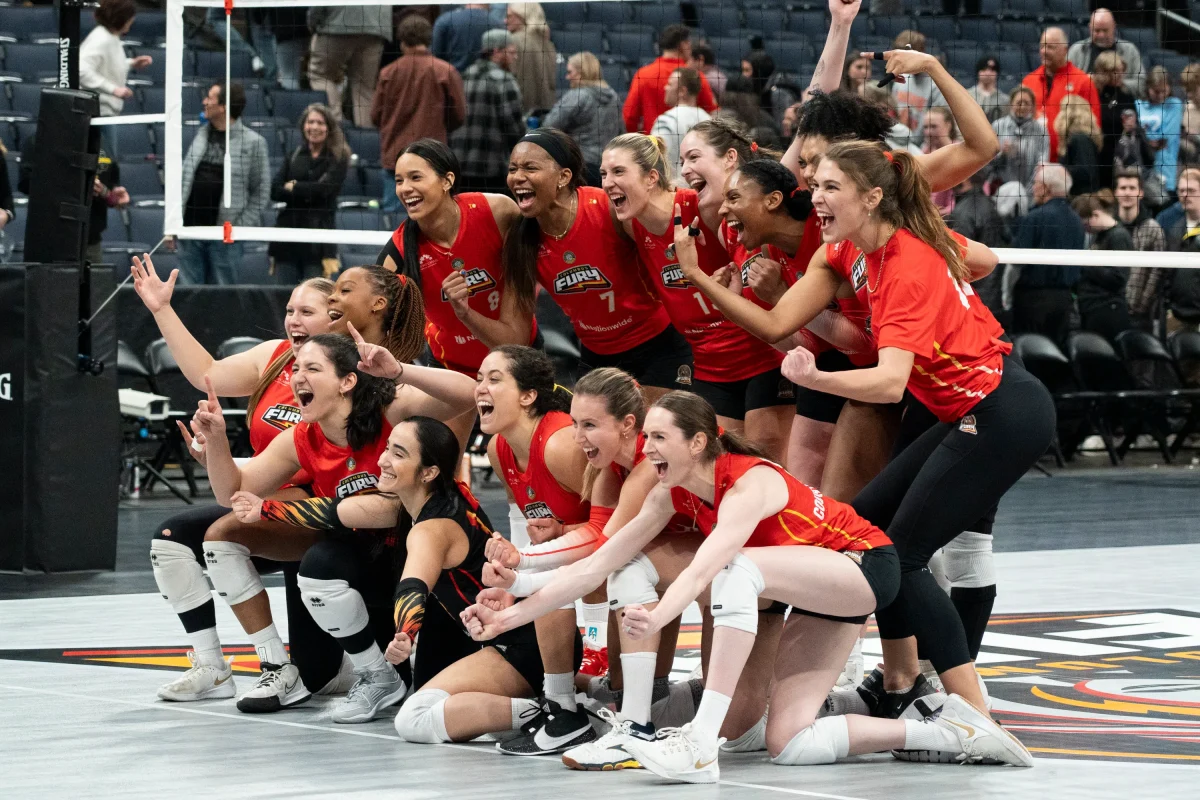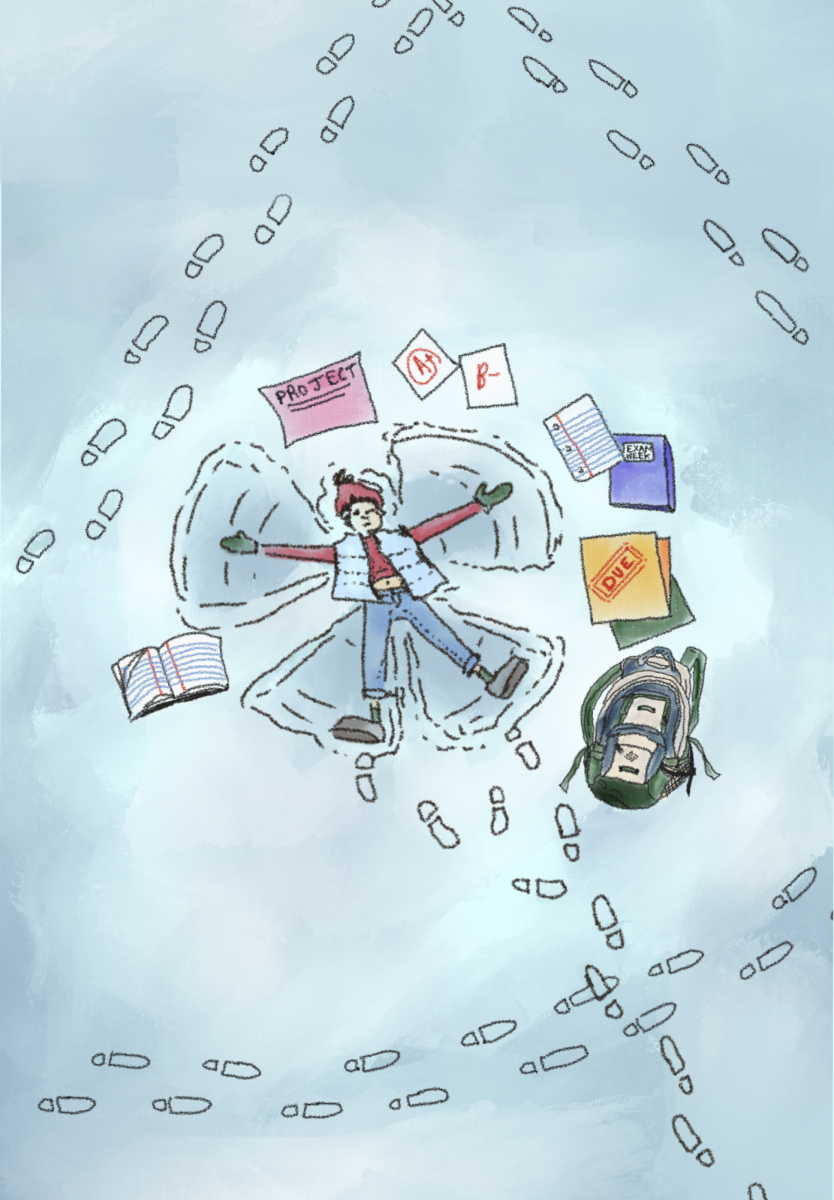Siblings graduate high school, students move away from home and family traditions change for the holidays. Over 19.25 million students have enrolled in college during the fall of 2024. Each of these students has family or friends who are impacted by their absence. Parents often feel a void when their child leaves for college, but there is another group of people in the house who experience a great change: the younger siblings.
The moment a high school graduate receives their diploma, their lives change in many ways. They can experience relief or newfound freedom. Many graduates move on to college, and regardless of whether they relocate far from Upper Arlington or choose a nearby college, the transition to college affects their entire family.
Freshman Nicole McMahon spoke on how her family has adapted since her older brother moved to the University of Pittsburgh
this fall.
“I would say that my youngest brother talks to him a lot and also my parents call him a lot, but me and my other brother don’t have much communication with him. So it’s a little bit different with us,” she said.
Despite the limited interactions with her brother, McMahon’s family is making an effort to maximize their family time while also accommodating her brother’s new schedule.
“This Thanksgiving, instead of just going to St. Louis like we normally do, we’re gonna spend some time in Florida too, just as a family,” she said.
McMahon has also found that she can feel a difference in the atmosphere at home with one less person around.
“It’s very quiet in the house… I’ve only seen him once since he left, and it was like we didn’t have much to talk about. It was a little bit weird … because we haven’t been around each other,” she said.
While McMahon feels like it is more difficult to connect with her brother because of the distance between them, junior Adam Arasada has found that the distance from his older brother has forced him to appreciate their limited time together more than he did before the move.
“I talk to him and text him more now that I don’t see him in person, [but] sometimes I feel lonely,” Arasada said.
He has also noticed that his parents have adjusted to not seeing their oldest son in person every day. Arasada’s older brother tries to visit Upper Arlington a few times a quarter, but the almost two-hour commute from the University of Cincinnati limits how often he can make the trip home. His parents now try to help him learn to cherish his time with his older brother.
“I think it varies. Sometimes if I don’t talk to him, my parents, they’ll ask, ‘Did you call your brother? Did you call your brother?’ … I think [he calls] them every day,” Arasada said.
While he has noticed a change in how he appreciates time with his brother, Arasada family’s holiday traditions as a whole have not changed significantly.
“I haven’t really noticed any difference… we usually just invite some guests over and have dinner,” he said.
Senior Katie Pinho’s holiday traditions have similarly not changed significantly since her older brother began college at Miami University. However, she has noticed that her family has increased the quality of their time spent with her older brother.
“He’s going home this weekend and my mom’s planning this nice dinner for us to all go out together because she misses him a lot. I feel like we all enjoy the little time we have,” Pinho said.
While she does believe that her brother’s transition to college catalyzed her appreciation for time spent together, Pinho also attributes it to other factors.
“I’d say … we got closer as we got older,” she said.
As families adapt to children and siblings transitioning to college and moving away from home, an emphasis is put on the quality of time spent together. After all, that is what the holiday season is about.


